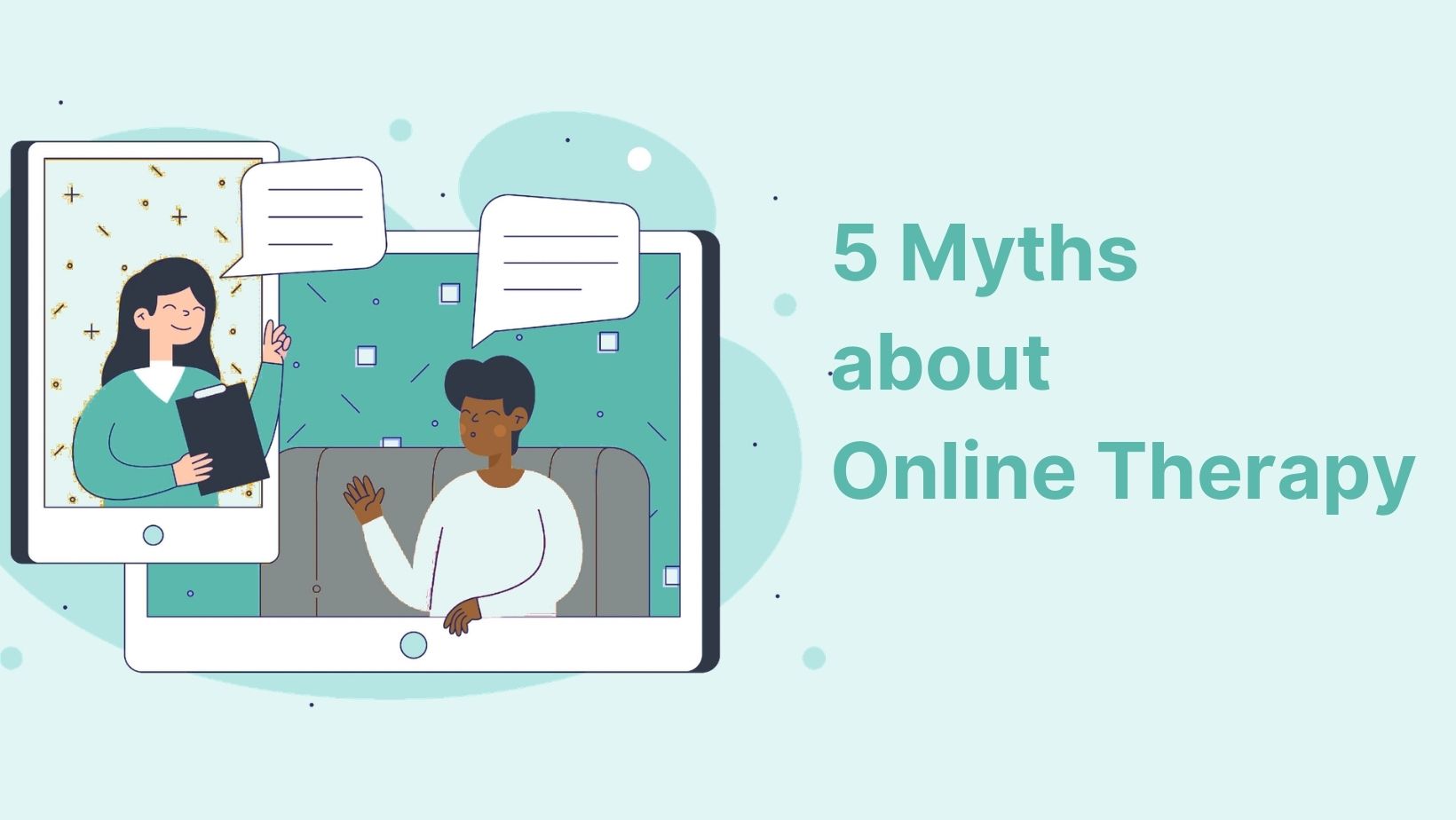It goes without saying that, in the wake of the COVID 19 global health pandemic and with self-isolation measures in place, the need of looking after our mental health has never been more important. That’s why now, more than ever, online therapy has become the new normal within a world of social distancing and lockdown.
But, despite this growth in popularity, many people still have misconceptions about online therapy.
Here are 5 common myths and misconceptions that we hear at BAC online counselling and that we would like to address.
1. Not as effective as in-person therapy
The most persistent myth about online therapy is that it doesn’t work. Some feel that the only way to be effective and really help people make progress is to work in-person.
Actually, most people who engage in online therapy find that once they have developed a therapeutic relationship with the right counsellor, their experience of growth is just as deep as if they were meeting in person.
In fact online therapy has many more benefits over in-office counselling, adding to its effectiveness. This includes the comfort of home, convenience of picking your time slot, saving of time, and resources.
2. Online counsellors are not as experienced and qualified as face to face counsellors
All online therapy platforms are required to list their therapists along with their credentials, and most will include extensive bios as well as reviews for prospective users to evaluate.
Any online therapist conducting official therapy sessions is required to be fully licensed and accredited in order to provide online sessions.
At BAC we take credentials seriously, all practitioners undergo a thorough screening and verification process where we check proof of identity, licenses and accreditations..
BAC has designed a set of eligibility criteria to ensure that only proficient counsellors of suitable expertise and standard join BAC online counselling platform, to adequately meet clients’ exacting needs.
3. There is no privacy in online therapy
All online therapists follow a strict code of counsellor-patient confidentiality, additionally online therapists are bound by the same laws and regulations as traditional in-office therapists.
All information obtained by your therapist site is safe and secure and is further protected from third party acquisition or interference.
At BAC, we have internal policies and procedures covering data protection, duty of candor and confidentiality that protects all the information from our clients. All BAC counsellors have a Services Agreement which covers the privacy of our clients.
4. Easily distracted
You get from online therapy what you put in.
It is easy when using a mobile device, tablet or laptop to get distracted and start looking at other things, but if you are completely focused on your session then it will work. You have to have the motivation to not be distracted by other things. Turn off notifications for the time in which the session is going on and then turning them back on afterwards.
5. It is harder to deal with deeper issues during an online therapy session.
On the part of therapists, it does require slightly different skills, more attention and approaches then conventional face to face method. Though, provided the therapist can see the client visually and read his/her body language and expressions, or even listen to the voice of the client and get hold of the para-linguistics. A well trained and experienced therapist can pick up on things that require further attention. Feedback of clients has also suggested that it can feel safer to be more open and honest in online/phone sessions with the therapist.
Hopefully, we have debunked these myths and misconceptions about online therapy. But, if you have additional questions about finding an online counsellor, you can always book a 20 minute free session with one of BAC counsellors or you can contact us. We would be happy to help you find a therapist who is a good fit for you.

